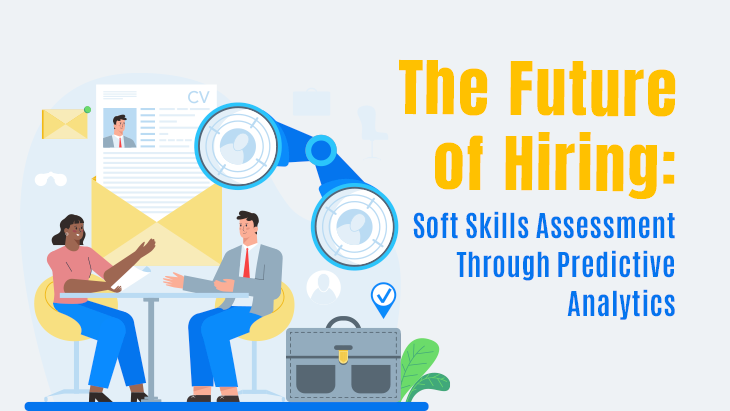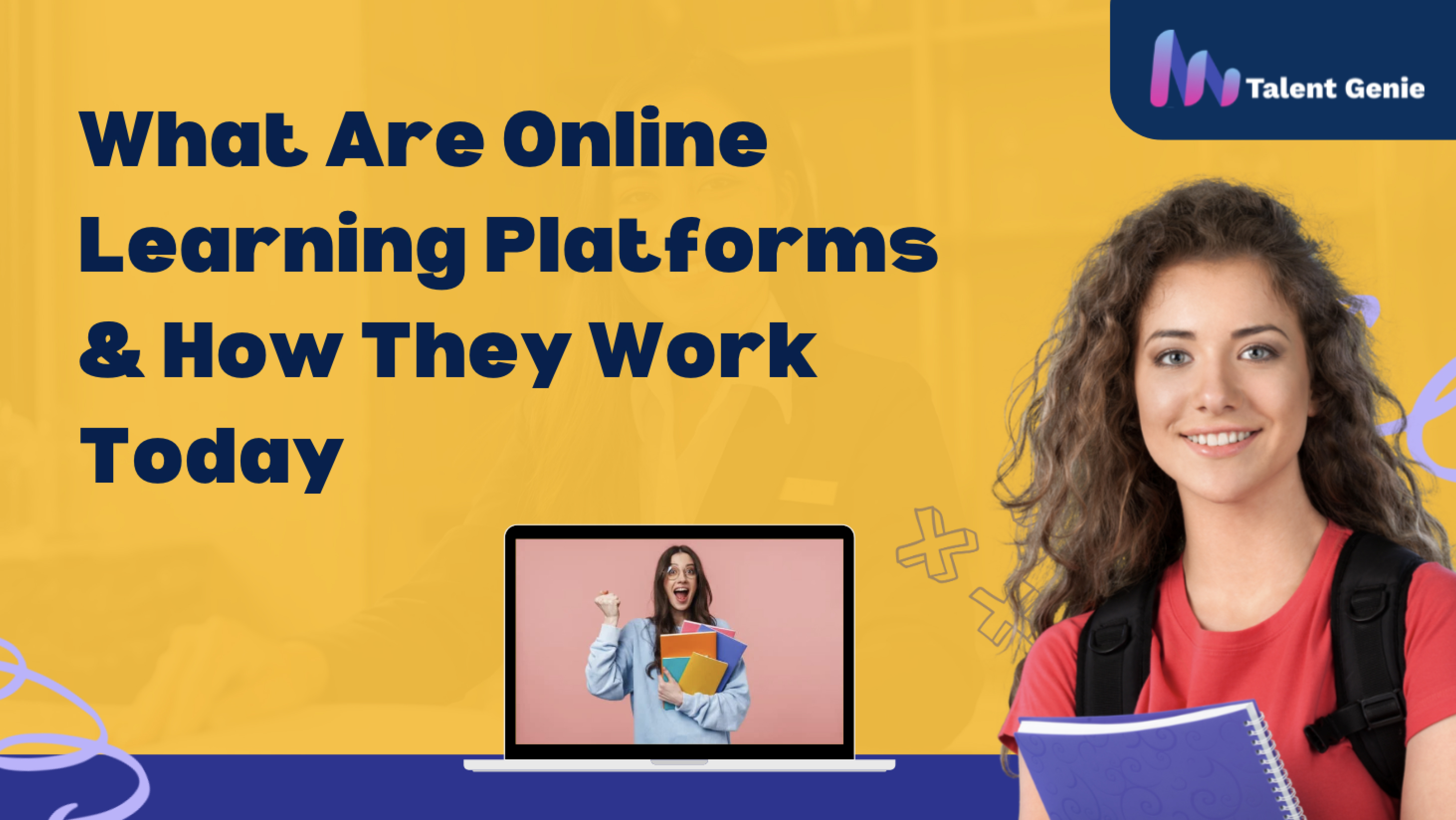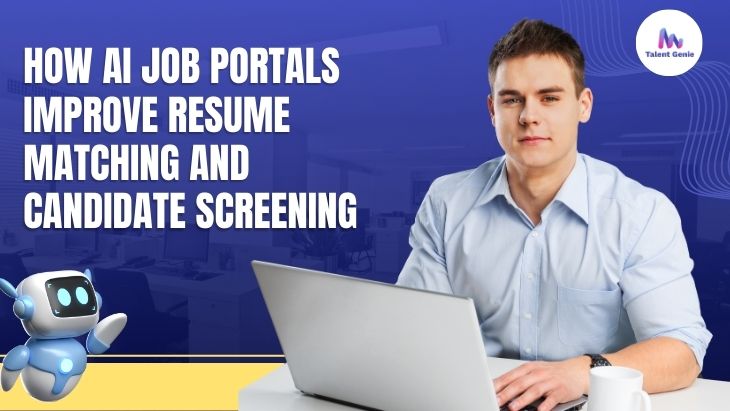In short, that will mean a recruitment landscape fully transformed at its core. Actually, compared to the past, an approach still tightly depends on an emphasis on hard skills, qualifications, and previous experiences. And so far as the future of hiring is concerned, it goes forward in a much softer direction: advanced technologies will make an assessment of soft skills. It can even be termed a game-changer in this space: predictive analytics powered by AI. Companies will come to understand how the integration of AI-powered job portals into their recruitment processes through predictive analytics shapes hiring practices so as not to be left behind in Talent Genie.
Soft Skills: The New Trend
In the fast-moving world, hard skills gradually replace soft skills. These include communication, problem-solving, and emotional intelligence. Hard skills can be calculated in terms of numerical ability or language proficiency and can also be quantified with a number when measured by tests and certifications. However, a vast number of employee skills in working well with others, adjusting to changes quickly, and contributing positive ends towards goal achievement are expressed through soft skills.
Soft skill assessment is still conducted today through interviewing and reference checking, which is superficial in terms of uniformity and objectivity. With the emergence of new tools and solutions firmly positioned on the frontiers of predictive analytics and AI-based solutions, more can be attained to reach an objective and holistic understanding of a candidate's soft skills.
Predictive Analytics: A New Front in Recruitment
That means the future event is highly probable or probably will not happen. This pattern in historical data identifies it as highly probable or probably not going to happen. Predictive analytics all boils down to the use of historical data combined with smart algorithms that predict for an educated guess in the future. It's almost like trying to find out what would come next by looking at past trends. Essentially, by donning statistical techniques and machine learning, we are able to have pickups of patterns with greater predictability on potential occurrences in the future.
Predictive analytics may thereby analyze patterns from a vast range of sources, including resumes, social network profiles, past performance data, and even behavioral assessments, in order to predict the affinity of the soft skills of a candidate to the appropriate fit for a particular given role to hire for.
AI-based job portals are the crème de la crème of that revolution. It is through these portals that one can sift through truckloads of data with the help of smart algorithms that give one a peek into how well the candidate will fit in once the qualification details have been sifted through.
That is, it presents, through predictive analytics, an integrated view of all the skills the candidate presents, including the soft skills.
How AI job portals enhance assessing soft skills
From the data collection side, job portals work on accumulation from several sources, such as previous work performance, online behavior, and assessment of skills, to create a profile on soft skills for the candidate. In this way, insights can be derived from communications skills and collaborative proclivity based on interactions on professional networks.
Behavioural Analysis: Since AI algorithms can observe patterns of behavior and how the candidate would most likely behave, it will predict the very same things that may happen in other situations. Simulations or scenario-based assessments might be created to see how a candidate responds to a problem or how a candidate deals with stress or performs as part of a team. This kind of assessment is much more feasible than just mere interviewing.
Personalized Assessments: With such AI richness, portals come up with personalized assessments based upon the requirement of a soft skill for a specific job role. Once it gathers key information related to a job description and its culture, these portals come up with assessments that test actual, most relevant soft skills as required for a specific position.
Advantages: AI eliminates unconscious bias through which human beings might be characterized. Traditional methods rely on unconscious biases, which include background, looks, or performance in an interview. Predictive analytics offers a more objective context and data-driven insights rather than subjective impressions.
They keep learning and hence keep enriching the capability of making predictions more effective. The more data they get, the more proficient they become in extracting the soft skills that were not prominent earlier. That makes estimations better with time.
Practical Use Cases
Presently, many organizations are introducing predictive analytics into their corporate functions to help them hire better with improved soft skills. For example, organizations are hiring AI-based simulations that, if applied, will represent real-life scenarios when solving problems and, consequently, making decisions. Thereby, a true chance of seeing how the candidate approaches a problem or a decision will be made possible, thereby aiding one in arriving at some kind of probable thought process or interpersonal skills.
Another application is the analysis of the communication skills of the candidate through NLP. If a person monitors emails or messages in the same language, AI can gain features that may define clarity, empathy, and assertiveness. This kind of information is very valuable when such application jobs require good communication skills.
Difficulty and Consideration:
Although there are plenty of benefits, it's not without its drawbacks and challenges. Data security and privacy, for instance, will now be the most significant issues since the AI job portals will be dealing with personally identifiable information relating to the candidate. The system needs to be functional according to the data protection regulation, and the usage of data is going to be clearly stated.
This is false; in fact, AI is not without its faults and does much better with soft skills. Predictive analytics is generally only as good as the quality and relevance of the data that is being applied. Biases or partiality in the used data lead to bad predictions. Therefore, algorithms must be validated and fine-tuned continuously so they can be properly effective.
The Road Ahead
It is only the starting point when predictive analytics is integrated into soft skills assessment. As AI is continuously becoming better, we are going to see much advanced tools and methodologies. Companies embracing such advancements are more likely to find and hire talent that matches the technical aspect of a role but also carries essential soft skills necessary for long-term success.
Conclusion
Future hiring is very strongly tied to predictive analytics and AI job portals. Organizations will be able to understand candidates more profoundly and select the right ones accordingly. Thus, the quality of hire will improve more significantly, and the organizations will be more productive. The future course of hiring would continue to shape itself through various evolutions in the hiring space, and its pros and cons would automatically be relevant for both the recruiters and job applicants. It ends by bringing across embracing a talent acquisition approach into the future - more data-driven, objective, and holistic.








Leave a reply